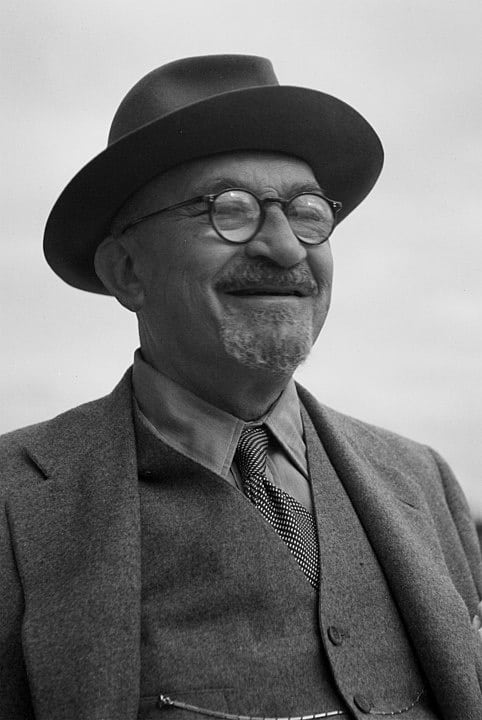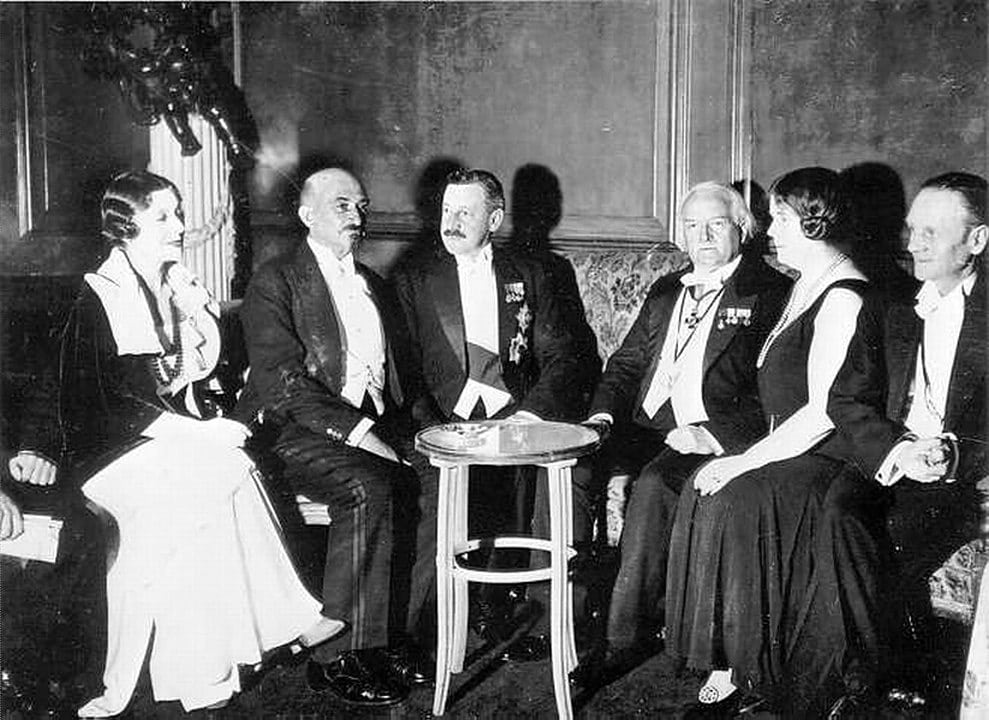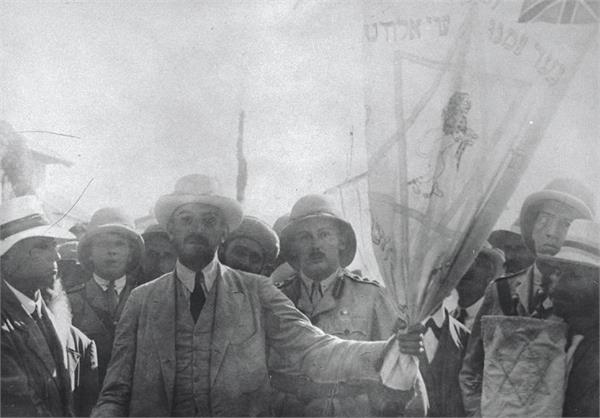Theodor Hertzl started the Zionist political movement in the 1890s, convinced that anti-semitism would forever rankle the Jews if they remained without a state and independent government. He had tried to purchase Israel’s territory from the near-bankrupt Ottoman empire or at least bargain for unlimited Jewish immigration.
When those plans failed, he turned his attention to getting the top European powers behind the Zionist cause so they could exert pressure on the Ottomans. When Hertzl met an untimely death in 1904, Chaim Weizmann, an ambitious Russian-born British-Jewish biochemist, was determined to carry on Herzl’s torch.

Chaim Weizmann was in high school in Belarus when he first discovered his two passions: chemistry and Zionism. At age 30, he immigrated to Britain, taking a professorship at the University of Manchester. When he had the opportunity to meet Arthur Balfour, Prime Minister of Great Britain, in 1905, Weizmann converted Balfour to the Zionist cause with a moving petition for the Jews’ connection to their ancestral homeland. Weizmann spent the next decade trying to advance both Zionism and his scientific career until one of his patents caught the eye of vice admiral of the Navy, Winston Churchill.
In the second year of World War I, Churchill was desperately searching for acetone, a former German import, which was crucial for the production of smokeless gunpowder. Churchill was delighted to discover the “Weizmann process,” which used bacterial fermentation to produce acetone.

Weizmann was appointed director of the British Admiralty laboratories in 1916. He took advantage of his status to petition for Zionism, and many politicians, including the wartime prime minister, were persuaded by the merits of his case for a renewed Jewish homeland.
At the time, the Zionist mission was more pressing than ever. The Jewish population in the land of Israel, then called Palestine, was greatly suffering under the rule of the Ottomans. The Ottoman Empire had joined the Central Powers, and the Middle East became another front against the Allied forces. The Ottomans expelled 10% of the 80,000 Jews living in Palestine on baseless claims of harboring enemy sympathies. These Jews were resettled in miserable refugee camps in Alexandria, Egypt. The remaining Jewish population in Palestine was cut off from selling their regular exports or receiving financial support from diaspora Jews around the world. As a result, thousands starved or died in devastating plagues. Even worse, some Jews feared they’d share a similar fate to the one million Armenians who’d been systematically mass murdered in 1915 by the Ottomans.

In March of 1915, in the height of the first world war, over 500 able-bodied Jewish deportees in Alexandria volunteered to assist the British army against the Ottomans. They formed what was called the Zion Mule Corps. Their iron-willed leader was eager to take the might of his forces back to Palestine and fight the Ottomans directly. He petitioned Britain, but the London War Office brushed off his request. Chaim Weizmann, however, jumped on the opportunity to push the petition forward, as it proved how dedicated Zionists were to British interests.But, unbeknownst to Weizmann, who was slowly garnering support for a Jewish homeland in Israel, the British were leading three partners along in a dance that was bound to break a few hearts. Some British officials had already promised Arab independence in the Middle East, with boundaries that included Palestine, in exchange for Arab armed forces to join in the battle against the Ottomans. France also believed they would gain a piece of the stewardship of Palestine, should the Allies win the war.
